Have you ever wanted to go on a cannabis-friendly camping trip? Well, Highland Cannabis mapped it all out for you
If you’re ready to celebrate park season, it’s important to know where you’ll be able to spark one up.
Parks Canada has allowed campers to toke it up on campsites since 2018. The only catch is you must follow local province guidelines on how to consume cannabis in Canadian Parks. Collectively, the use of cannabis is acceptable in most individual trails and campsites across Canada, but every province is different and therefore has different regulations.
Highland Cannabis, a shop based in Kitchener, Ontario has created a guide, Blazing Trails – A Canadian Guide for Cannabis Friendly Campgrounds, to help smokers navigate what campsites and trails Parks Canada allows cannabis consumption. They even provide province-specific regulations, guidelines, and penalties.
According to a press release created by Highland Cannabis, here are the rules, restrictions, and penalties for each province:
British Columbia
With over 6,500 medically licensed growers, BC is one of the most popular destinations for people who want to enjoy cannabis with a scenery.
Registered Parks Canada campsites, backcountry, Yoho National Park, and trails such as Alice Lake Trail and DeBeck’s Hill Trail do allow cannabis consumption.
Campground common areas and playgrounds are prohibited.
If you are caught smoking weed at any undesignated areas, you can be fined up to $575.
Alberta
Alberta is home to many major parks like the Rocky Mountains and the Great Plains.
While in this province, you must be 18 or older to purchase and carry marijuana.
Registered Parks Canada campsites, backcountry, and trails allow cannabis consumption.
Park sites like Lake Louise (Banff National Park) and Waterton Park (Waterton Lakes National Park) allow public consumption if it is within the town boundary.
Campground common areas and playgrounds are prohibited.
If caught, you will receive a warning for the first time with a $100 fine.
Saskatchewan
Saskatchewan has to be the least friendly for tokers. They have very strict cannabis and alcohol regulations. Both are banned.
Cannabis is not allowed in public, campground common areas, backcountry, trails, playgrounds, or Prince Albert National Park.
It is only allowed in registered Parks Canada campsites.
Getting caught consuming cannabis by a school or a childcare facility can have you facing a hefty fine of $200 - $1,000.
Manitoba
Just like Saskatchewan, Manitoba is not 420 friendly.
Cannabis is not allowed in public, campground common areas, backcountry, trails, playgrounds, and Riding Mountain National Park.
It is only allowed in registered Parks Canada campsites.
If caught smoking or vaping cannabis in Manitoba, you will be presented a fine of $672.
Ontario
Ontario is another smoker friendly province in Canada.
In public, registered Parks Canada campsites, backcountry, and trails allow the use of cannabis.
It is prohibited in campground common areas and playgrounds.
Because of the Smoke-Free Ontario Act of 2017, if you smoke or vape in an area that is not permitted, you will receive a fine of $1,000 for the first time, and $5,000 for any other offense after that.
Quebec
Maybe one you might not want to put on your list. Quebec is one of the stricter provinces in Canada.
The legal age to buy and carry marijuana is 21 years or older. Cannabis is only legal in Quebec if you purchase it from Société Québécoise du Cannabis (SQDC).
It’s easier to tell you where it’s permitted rather than where it’s not, and that is only on registered Parks Canada campsites. Everywhere else marijuana is not allowed.
You could receive fines that range from $70 to $2,250.
Nova Scotia
Although not the best province to go to, it’s not the worst.
The second smallest province in Canada allows cannabis consumption in public, registered Parks Canada campsites, and backcountry.
It does not allow consumption in campground common areas, trails, and playgrounds.
You can face a fine up to $2,000 for a violation.
New Brunswick
New Brunswick offers perfect camping sites, but not for marijuana lovers,
The only area cannabis is allowed is at registered parks Canada campsites.
Public use, campground common area, backcountry, trails, and playgrounds are off limits.
There is no average fine yet in New Brunswick, but it’s heard to be pretty significant.
Prince Edward Island
Again, another province for cannabis consumers to stay away from.
It is prohibited in public, campgrounds, common areas, backcountry, trails, and playgrounds.
Only registered Parks Canada campsites allow the flower.
Since Prince Edward Island is under the Smoke-Free Act, the penalty fee for smoking is between $100 to $2,000.
NewFoundland and Labrador
Both provinces share the same view on cannabis in their parks. It’s a no-go.
Restricted in public, campgrounds common areas, backcountry, trails, and playgrounds.
Must only be consumed on registered Parks Canada campsites.
Penalty fee ranges from $50 to $500 if caught in a public area. If caught consuming in a vehicle, the penalty fees range from $300 to $10,000.
Northwest Territories
As awesome as being able to watch the northern lights while high sounds, it might not be the easiest to do. Most of the territorial parks listed in Parks Canada for the Northwest may not be cannabis friendly.
Public use, registered Parks Canada campsites, backcountry, and trails allow cannabis consumption.
Cannabis consumption is not allowed in campground common areas and playgrounds.
You’ll be looking at a $500 penalty fee for your first offense, and up to $1,000 for any other offenses.
Nunavut
Not only will you be able to consume, you’ll be able to witness the amazing Indigenous communities and lands surrounding you.
Anyone over the age of 19 is allowed to carry 30 grams of cannabis for their own use.
Only areas restricted are campground common areas and playgrounds.
Other areas such as public, registered Parks Canada campsites, backcountry, and trails are allowed.
You could receive a $200 fine for your first offense, and up to a $2,000 fine for any other offenses.
Yukon
The last on the list, is unfortunately one of the strictest provinces in Canada for cannabis consumption.
Registered Parks Canada campsites is the only location consumption is permitted.
In public, campground common ar4eas, backcountry, trails, and playgrounds are excluded.
Yukon is under the Cannabis Control and Regulation Act, meaning you will be fined up to $2,000 for your first offense.
Be mindful
When you’re planning out your 420 friendly camping trips, remember to be mindful of the land you’re on. If you smoke, make sure you pick up after yourself. We want to preserve these beautiful parks for future generations to enjoy.
Need a little more Bluntness in your life? Subscribe for our newsletter to stay in the loop.
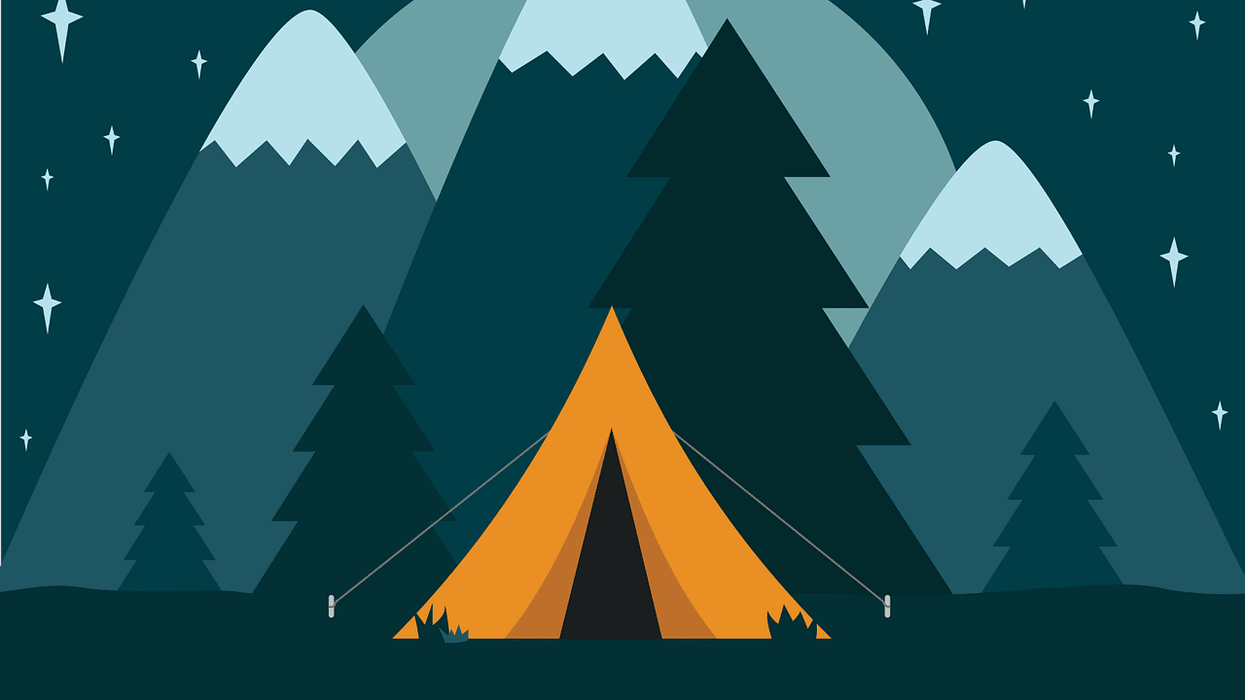

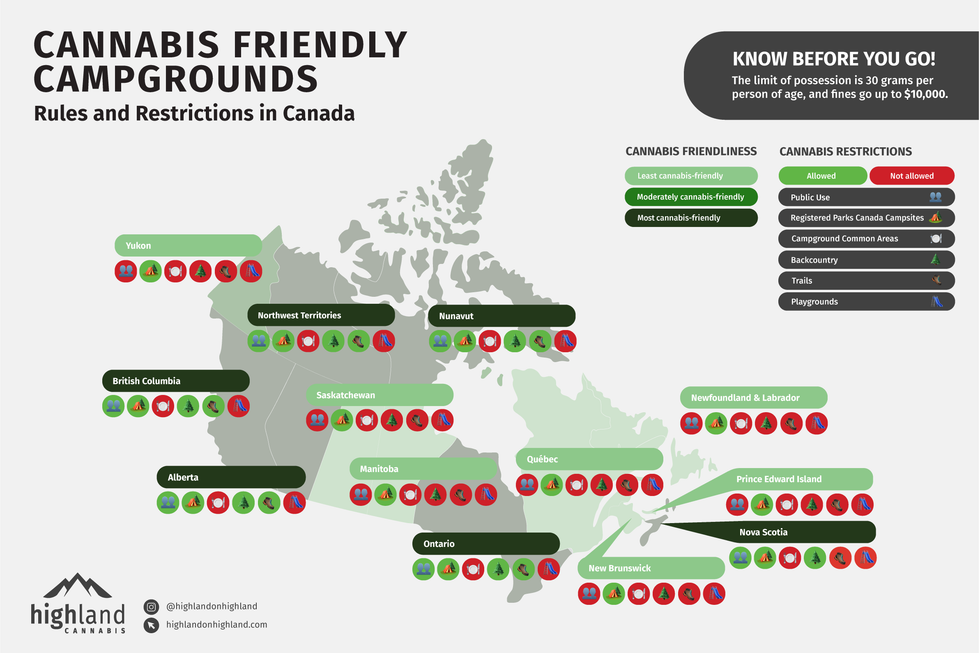
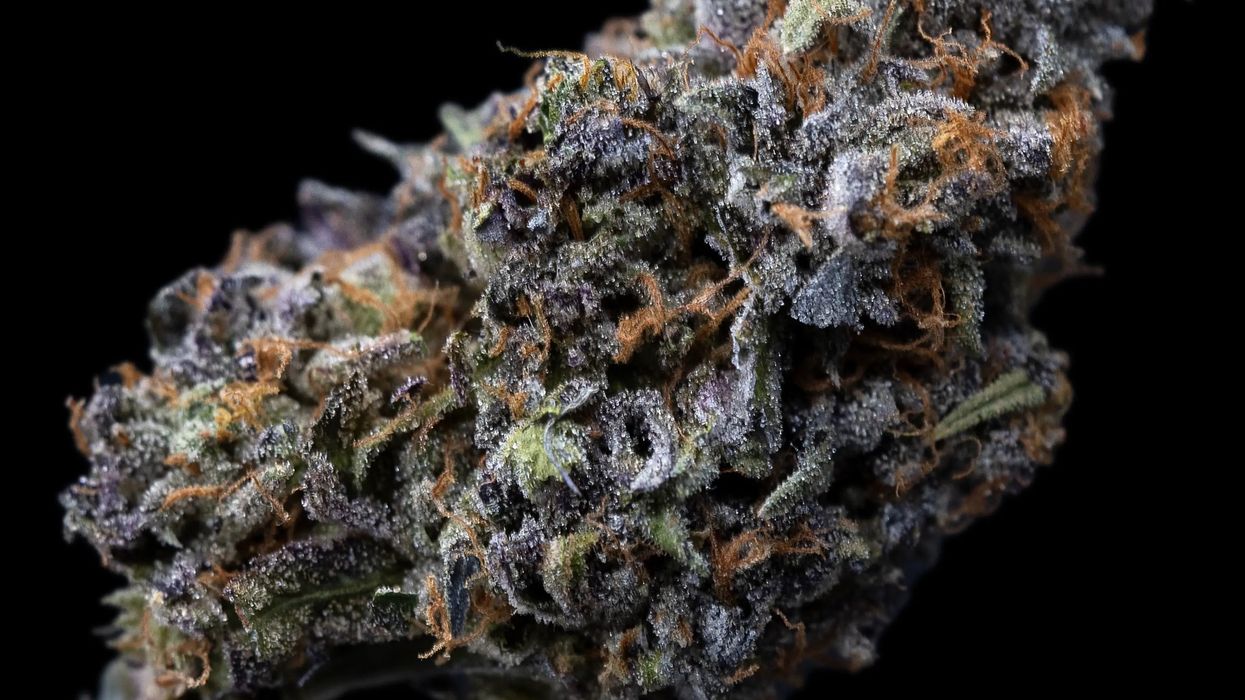
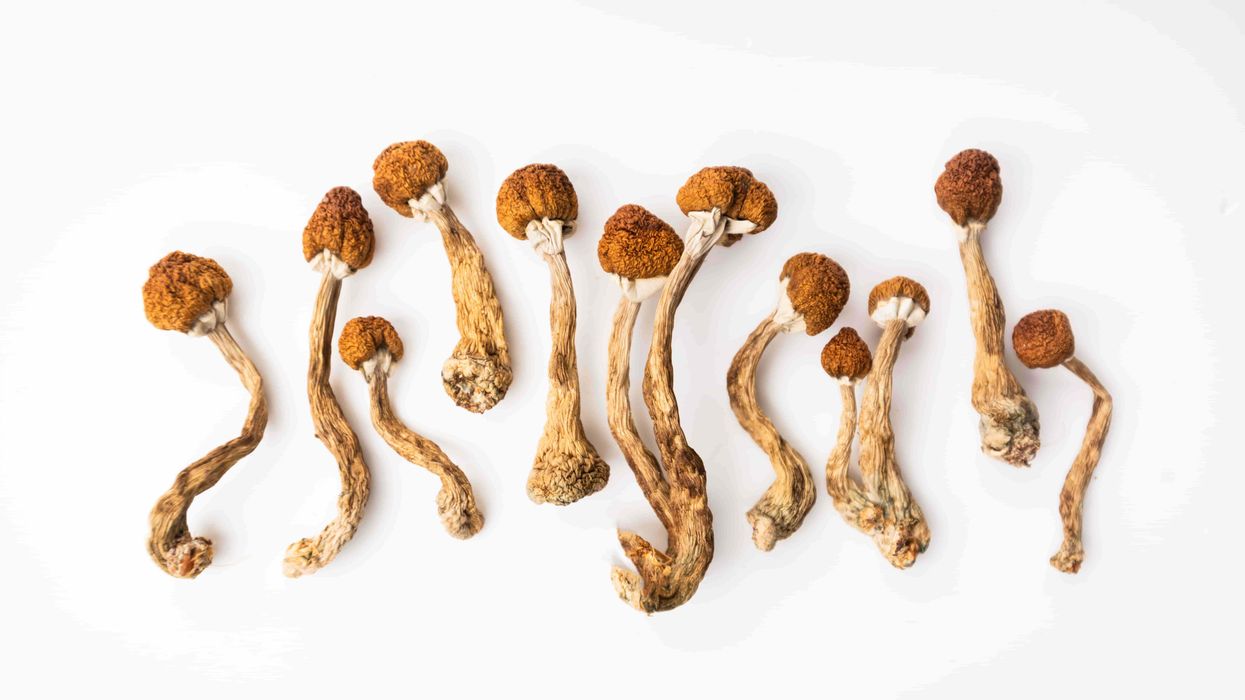
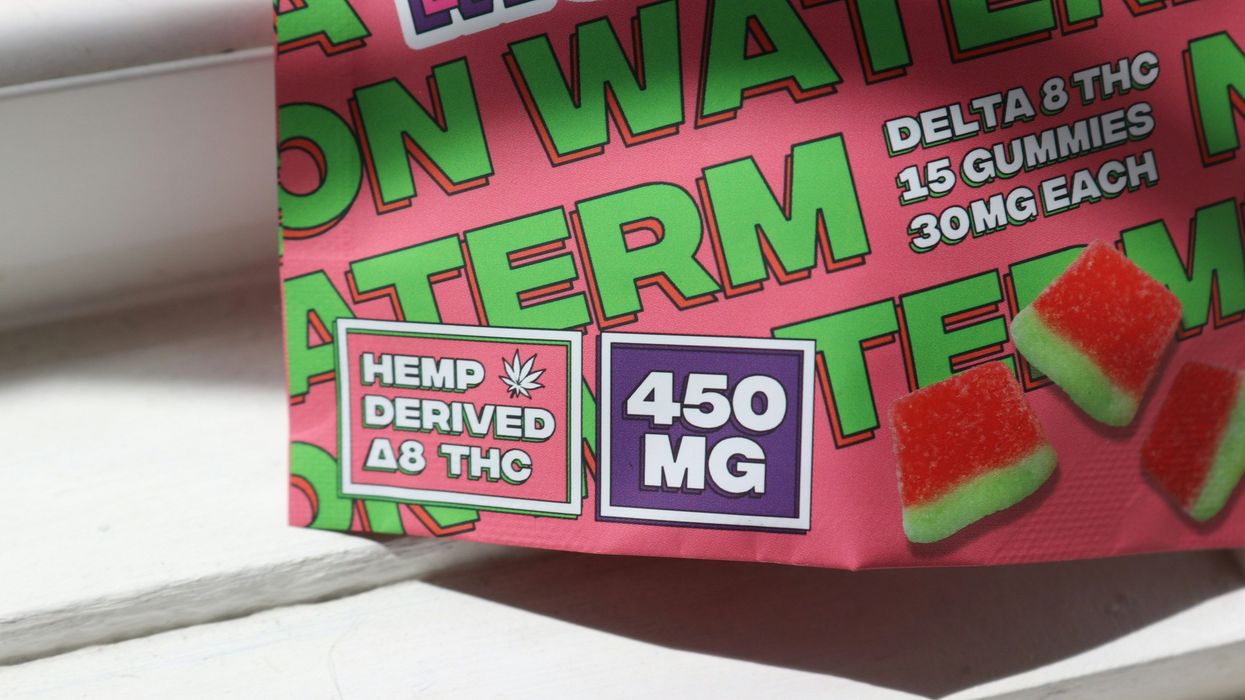



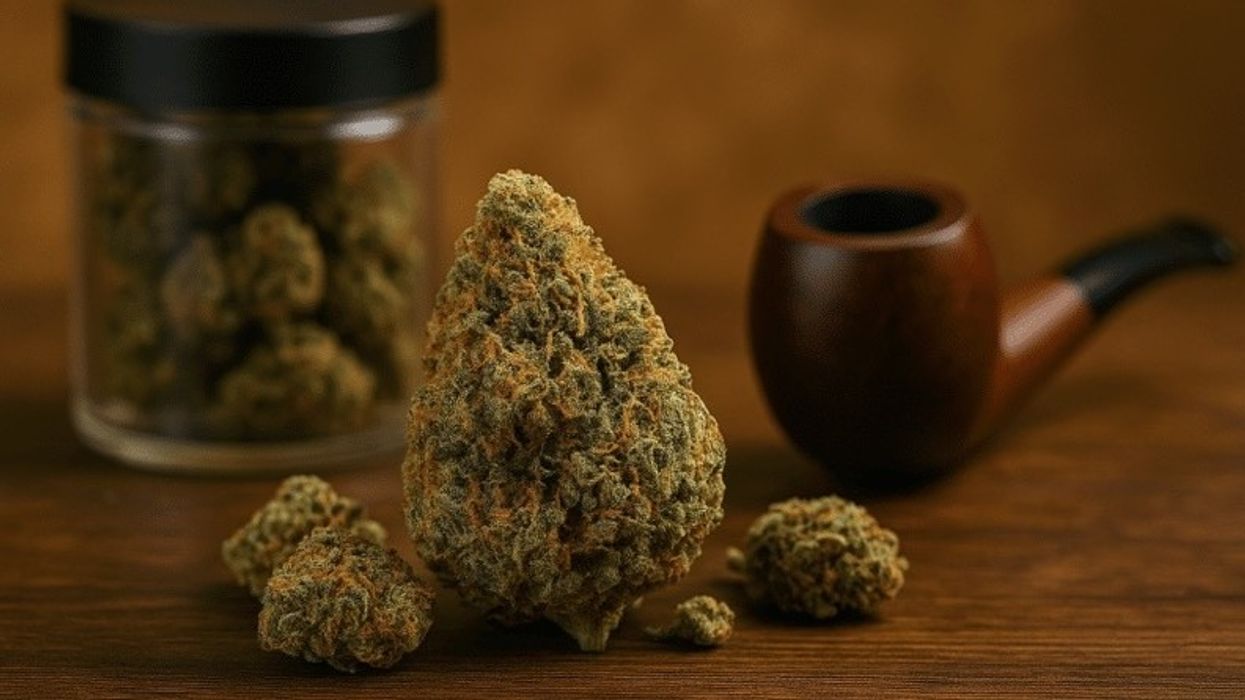





 What will you do with that cannabis kief collection? - Make Coffee! The Bluntness
What will you do with that cannabis kief collection? - Make Coffee! The Bluntness DIY: How to Make Kief Coffee - The Bluntness
Photo by
DIY: How to Make Kief Coffee - The Bluntness
Photo by 
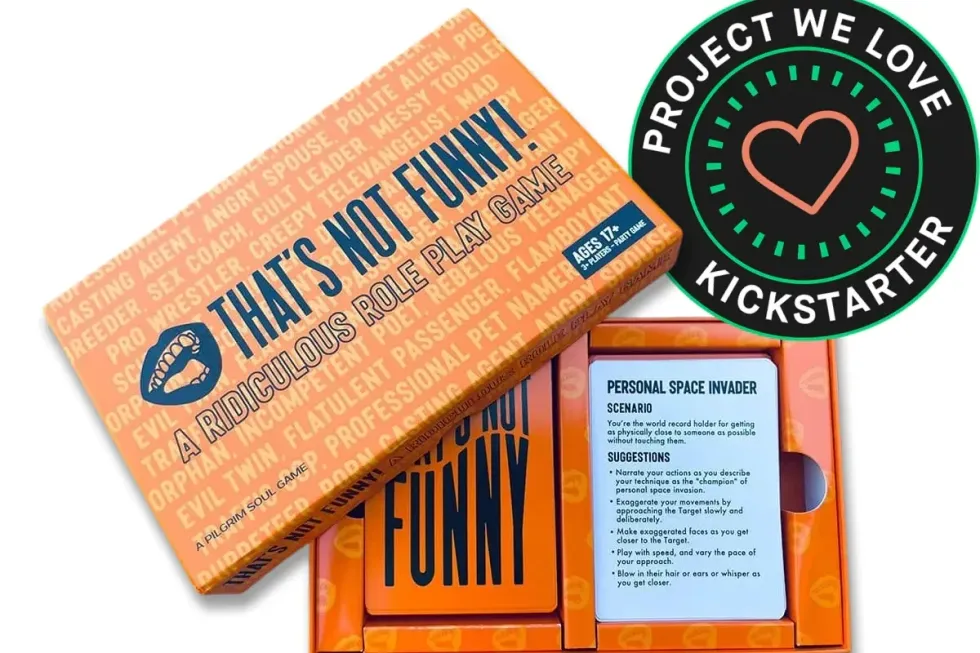
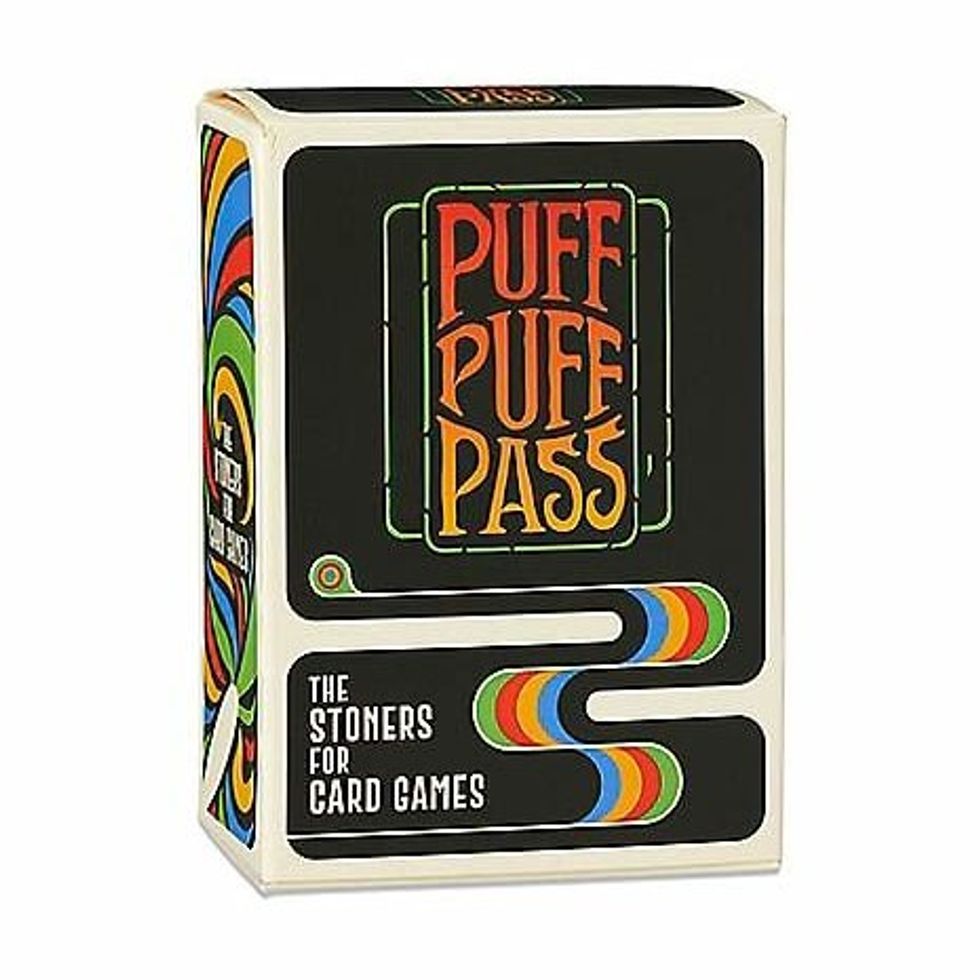
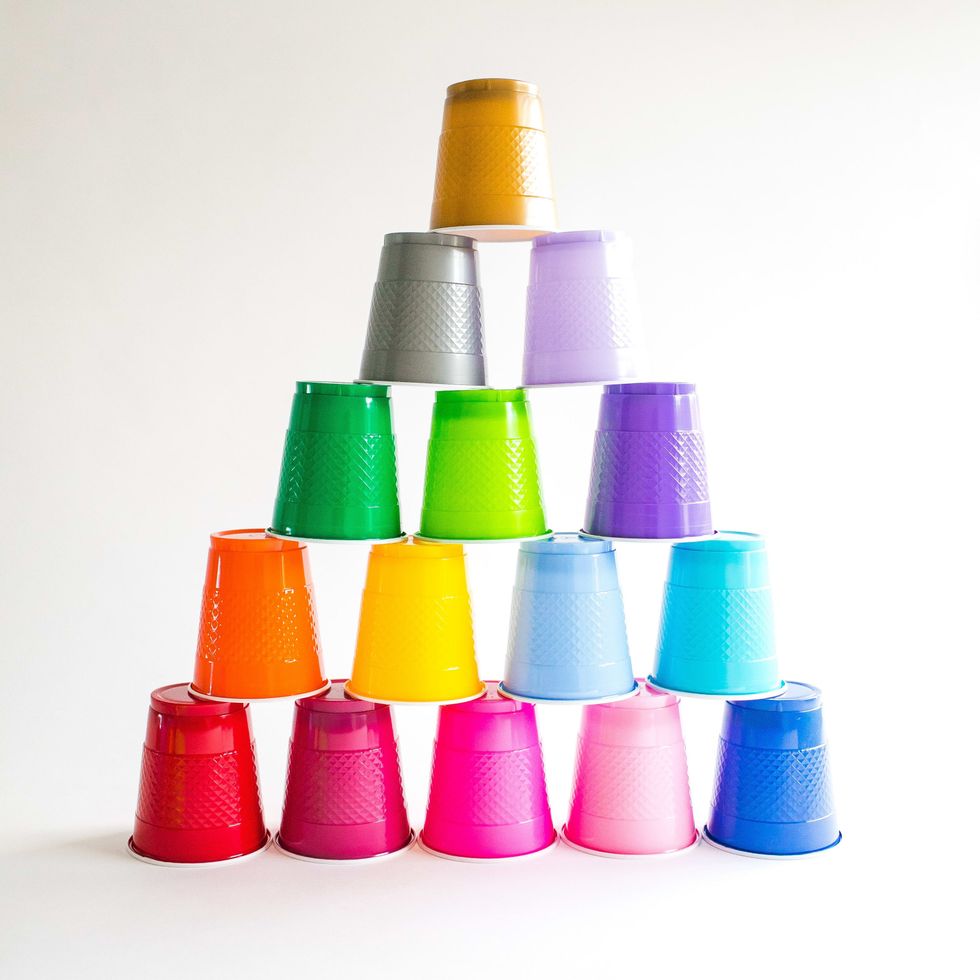
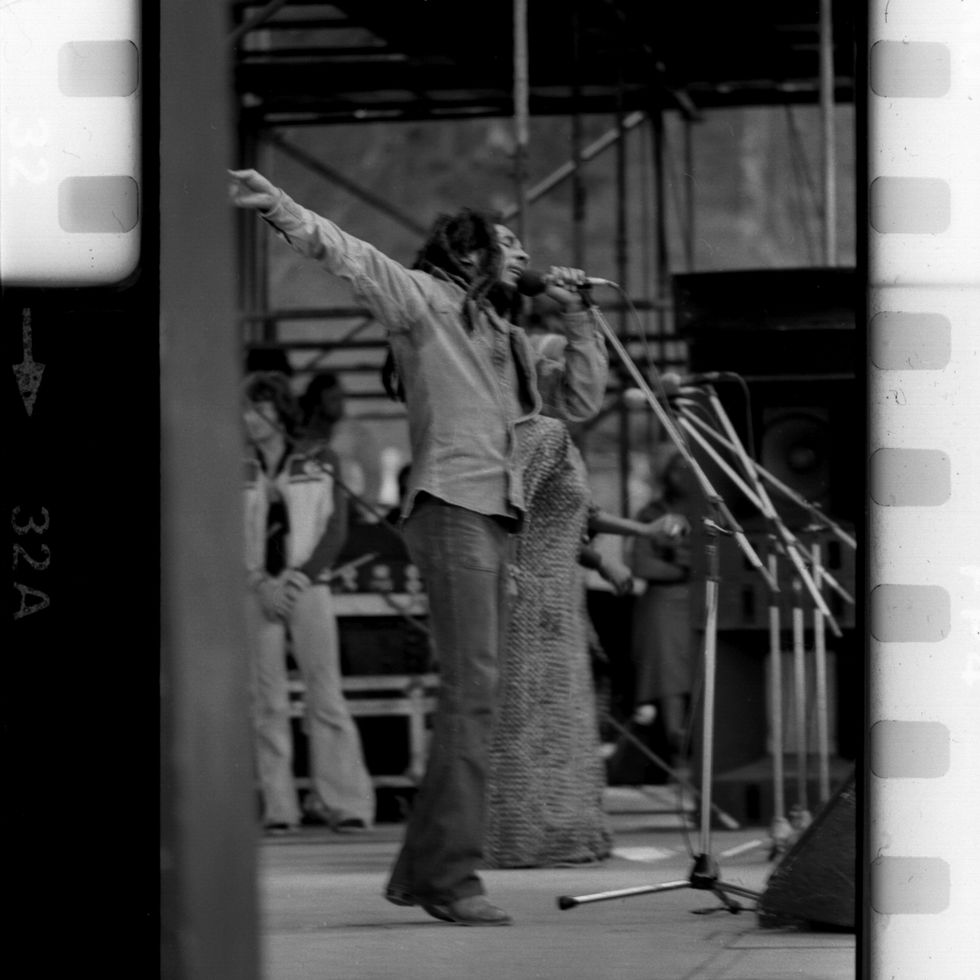 Best Weed Smoking Games to Try - Jammin'
Best Weed Smoking Games to Try - Jammin'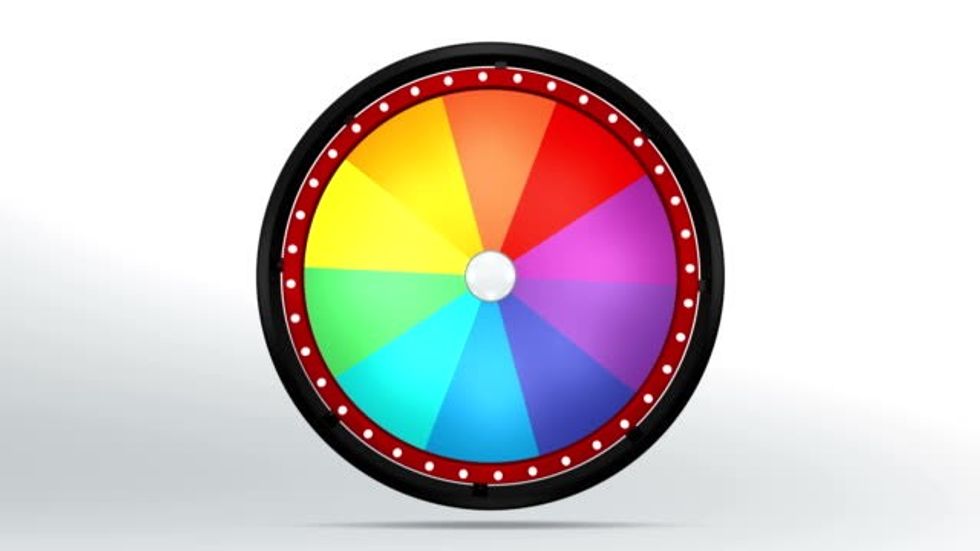 The 31 Best Weed Smoking Games To Try
The 31 Best Weed Smoking Games To Try The Best Weed Smoking Games
The Best Weed Smoking Games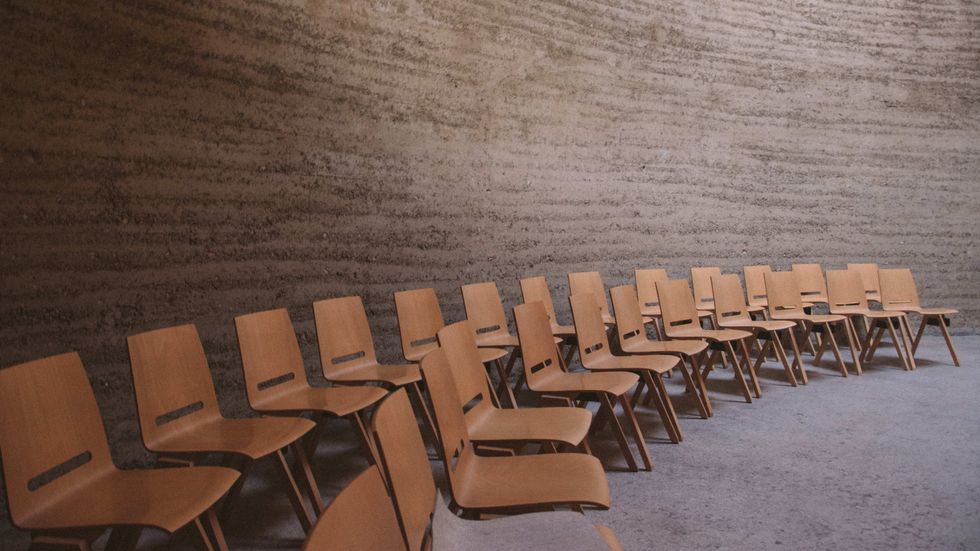 The Best Weed Smoking Games to Try
The Best Weed Smoking Games to Try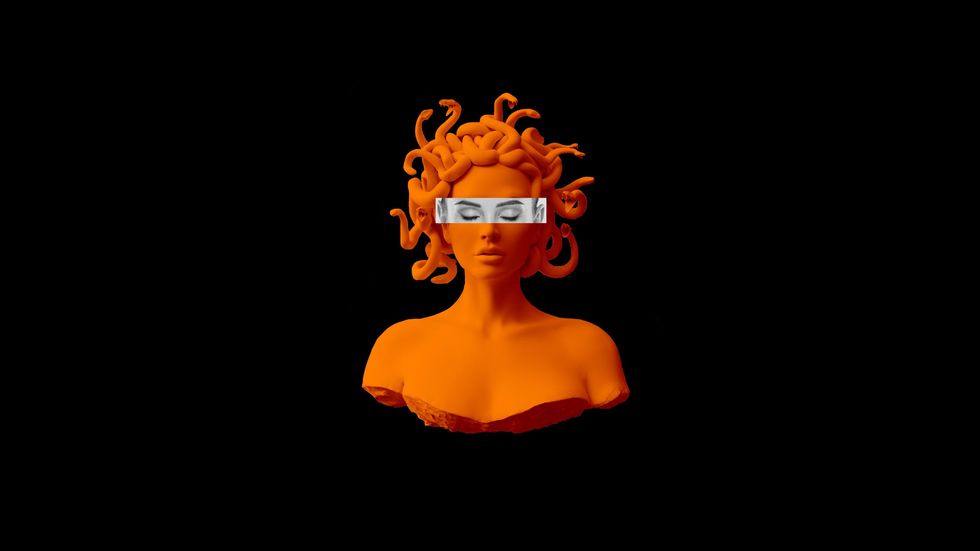
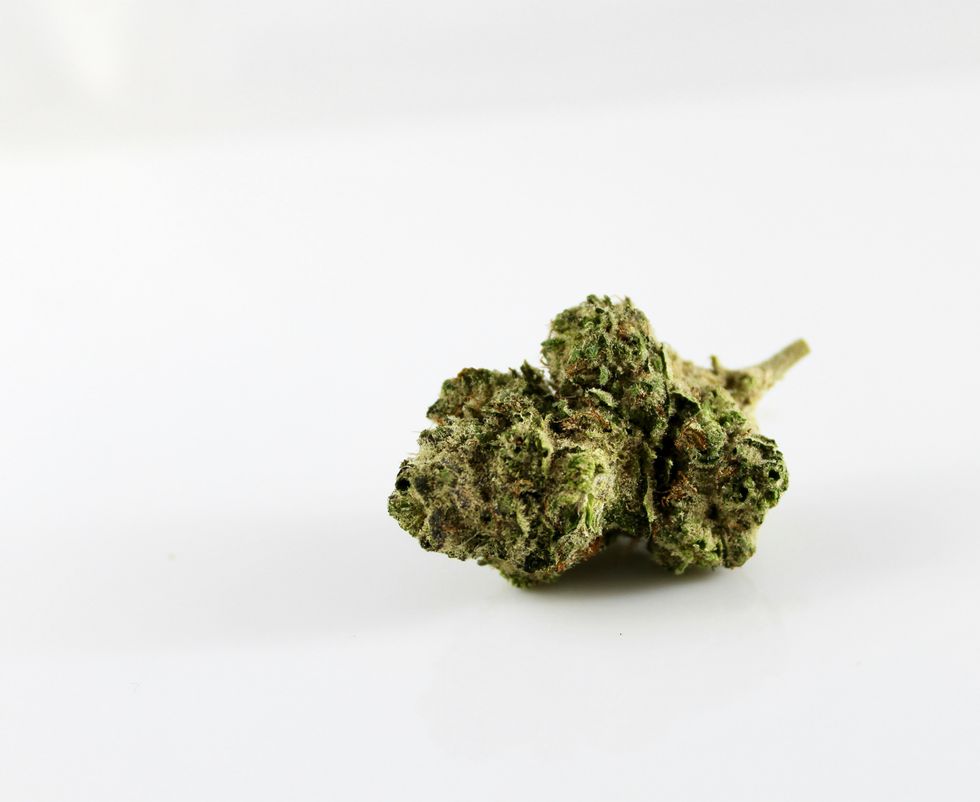
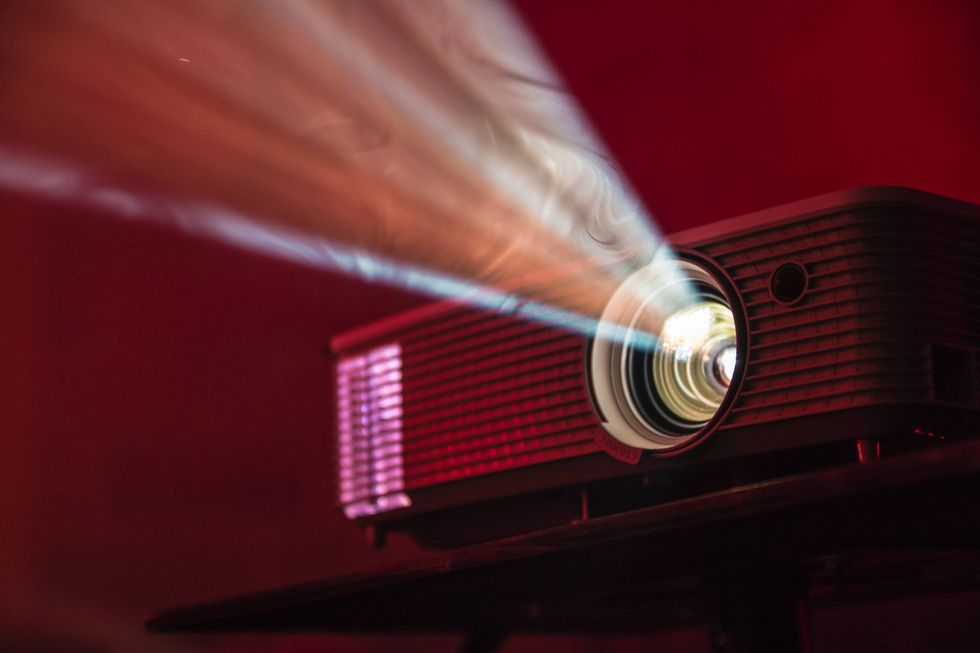 Stoner Games - Games to Play While High
Stoner Games - Games to Play While High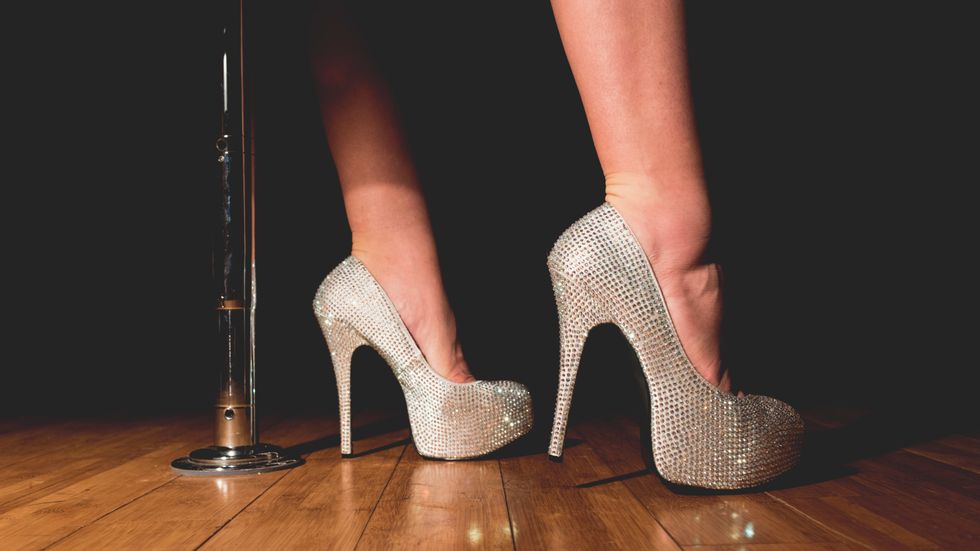 The Best Weed Smoking Games to Play
The Best Weed Smoking Games to Play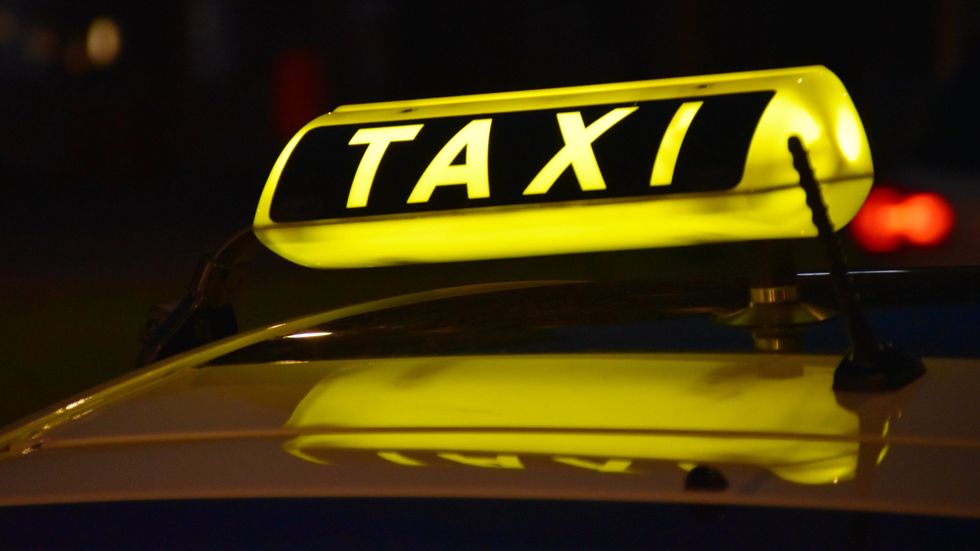 The Best Weed Smoking Games to Try
The Best Weed Smoking Games to Try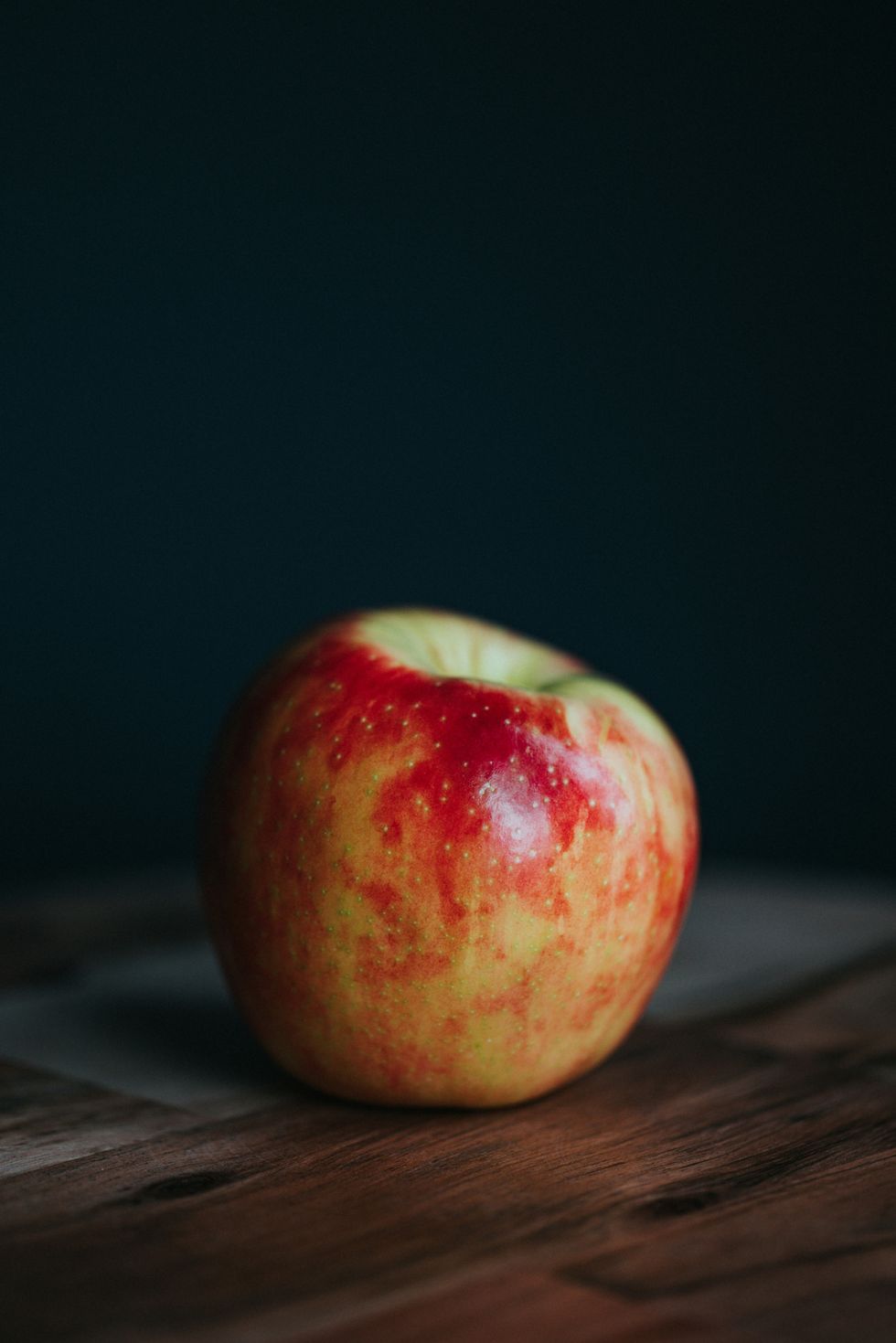
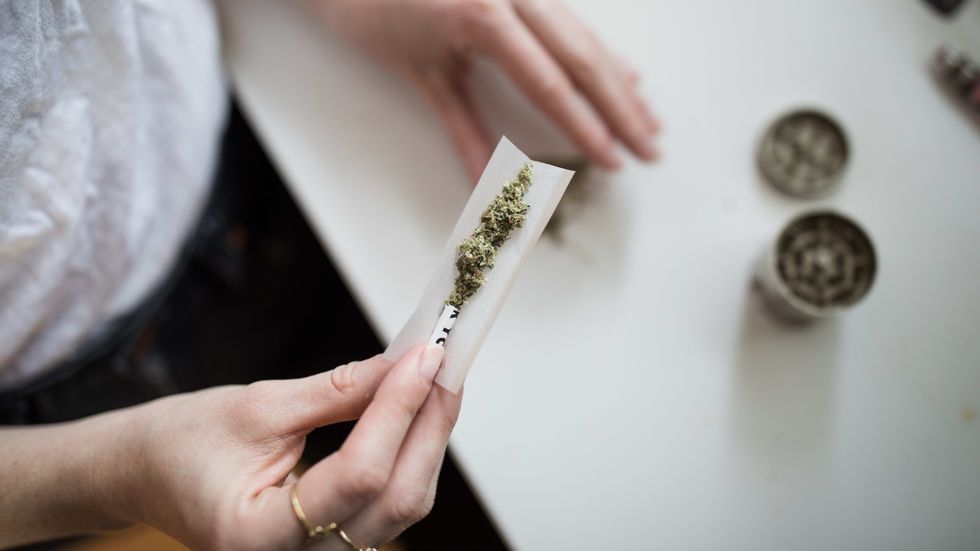 The Best Weed Smoking Games to Try
The Best Weed Smoking Games to Try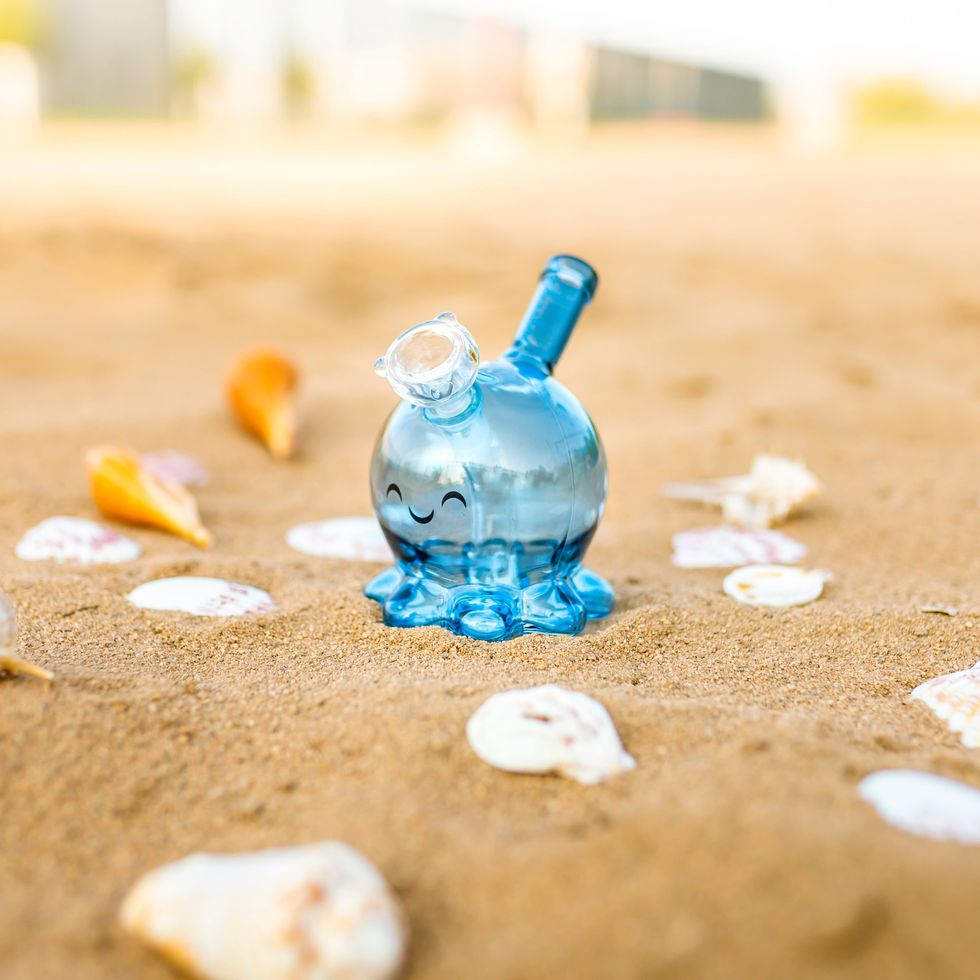
 The Best Weed Smoking Games to Play
The Best Weed Smoking Games to Play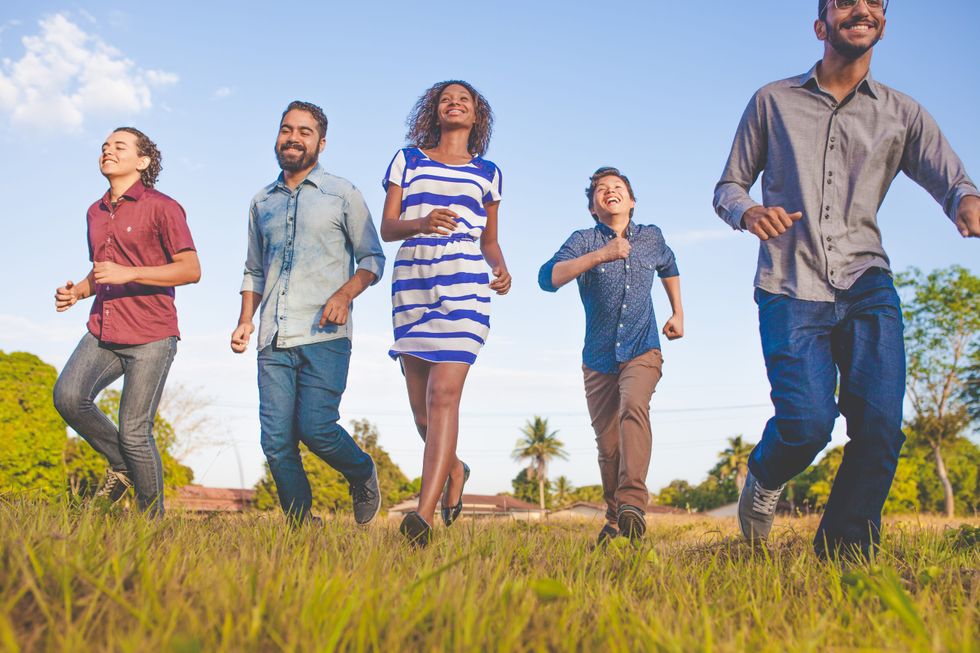 The Best Weed Games to Play
The Best Weed Games to Play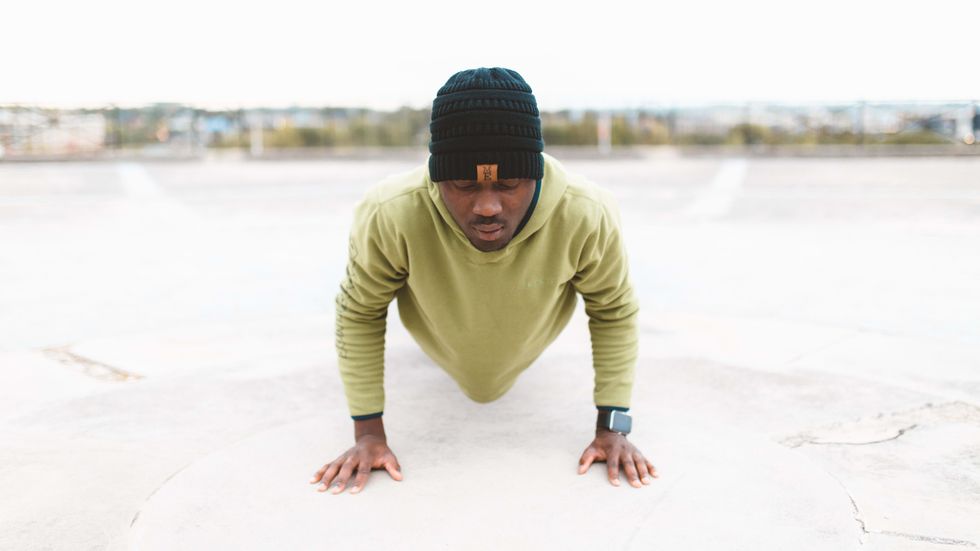 The Best Weed Smoking Games to Try
The Best Weed Smoking Games to Try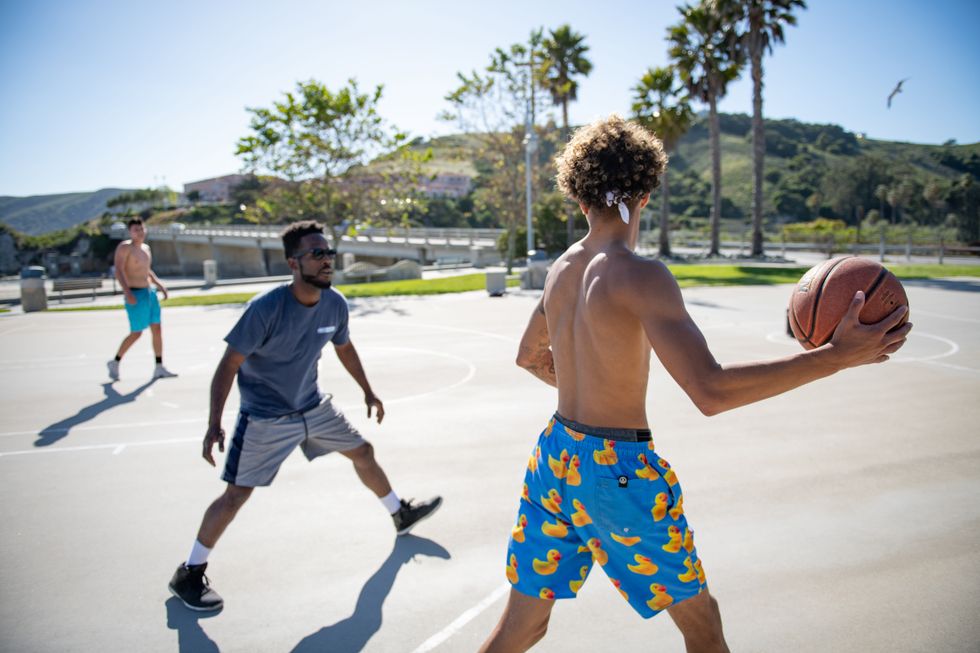 The Best Weed Smoking Games to Play
The Best Weed Smoking Games to Play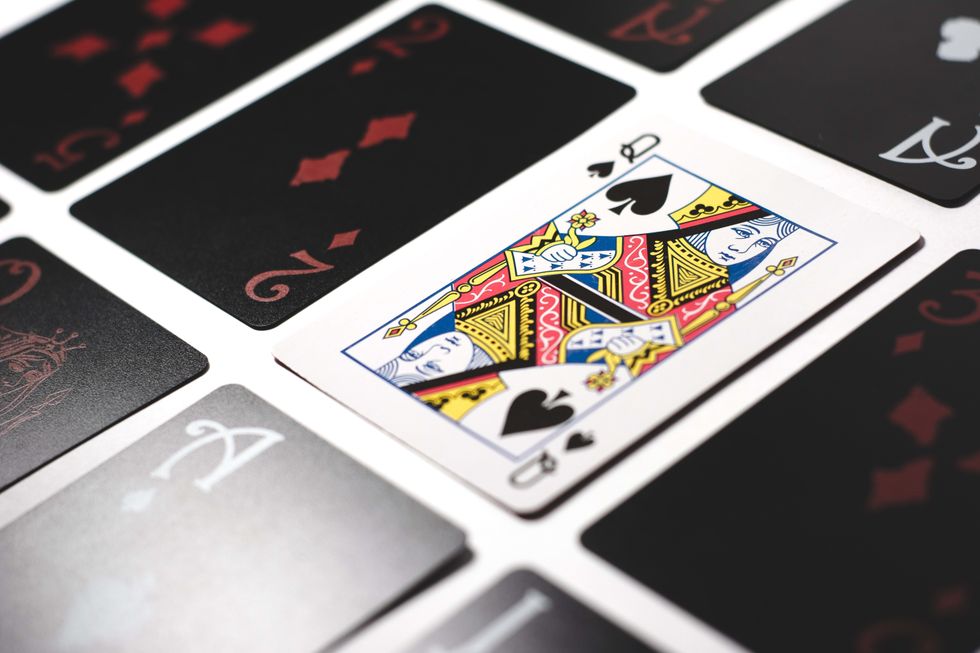 The Best Weed Smoking Games to Try
The Best Weed Smoking Games to Try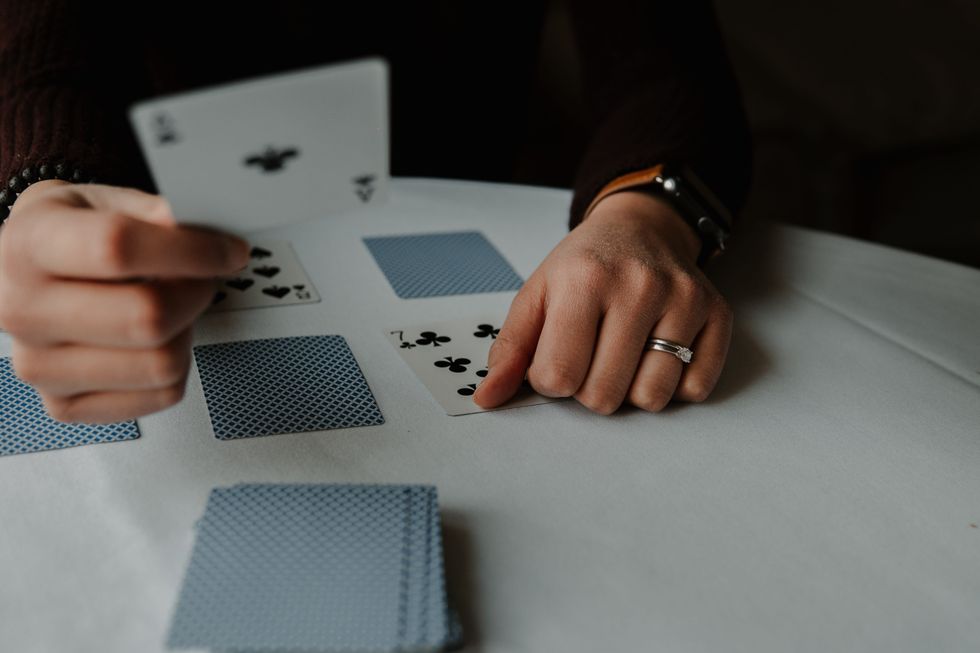 Games for Stoners
Games for Stoners 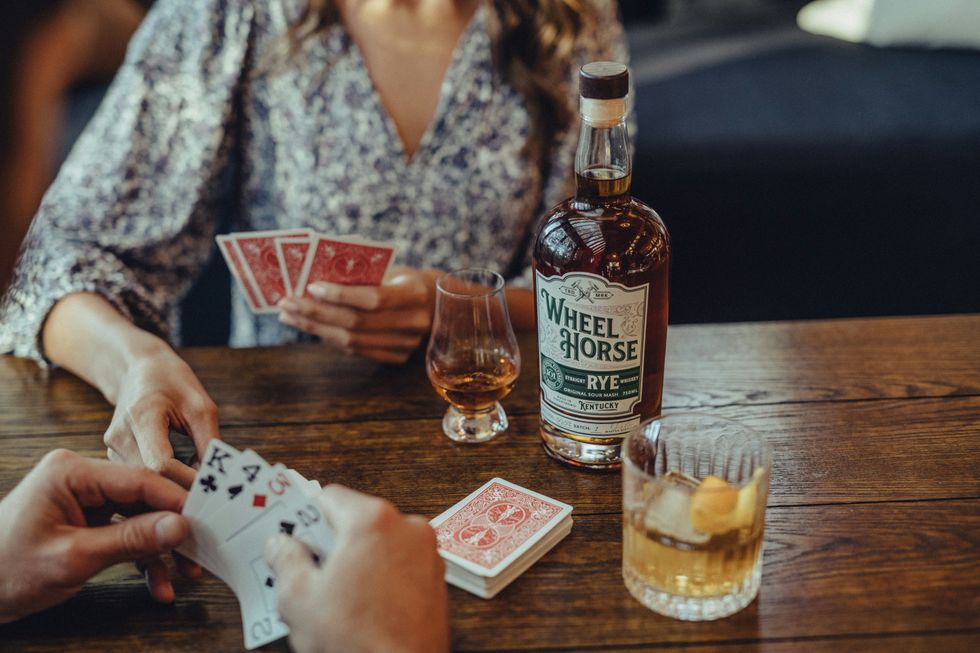 woman in white and blue floral shirt sitting beside woman in white and black floral shirtPhoto by
woman in white and blue floral shirt sitting beside woman in white and black floral shirtPhoto by 
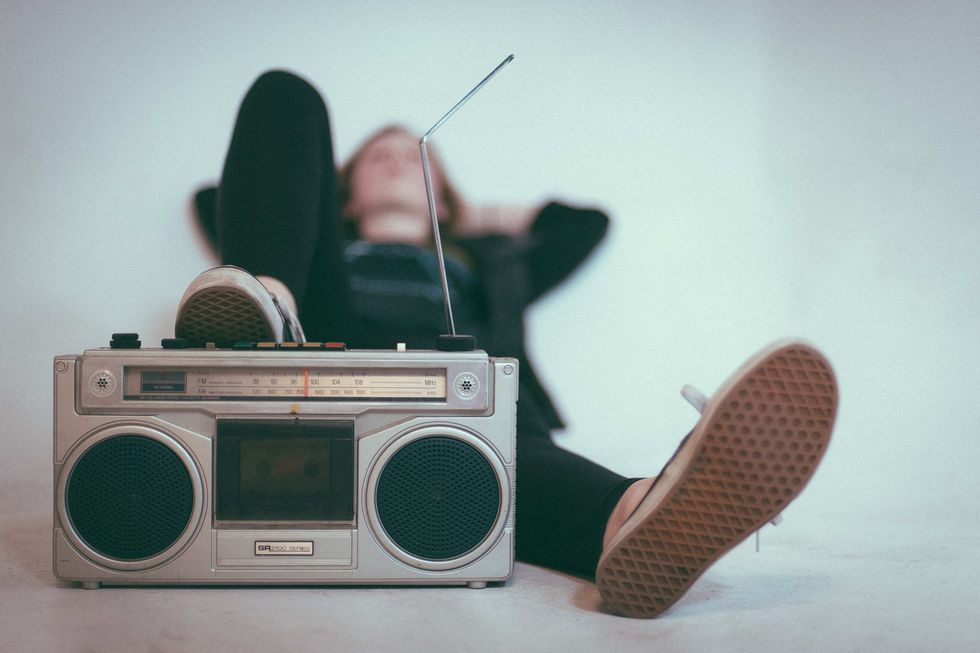 The Best Weed Smoking Games to Play
The Best Weed Smoking Games to Play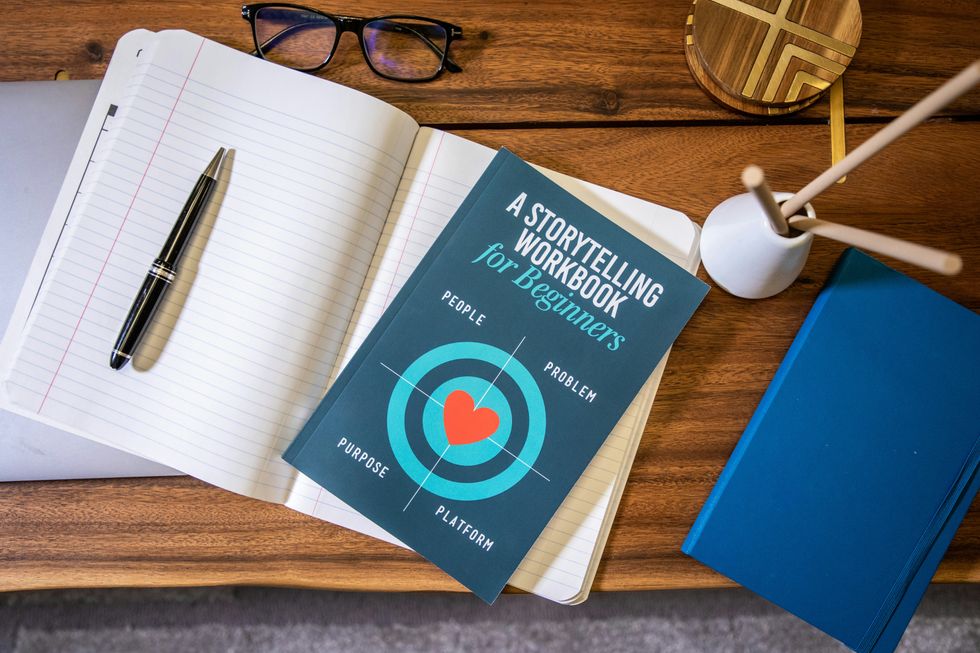
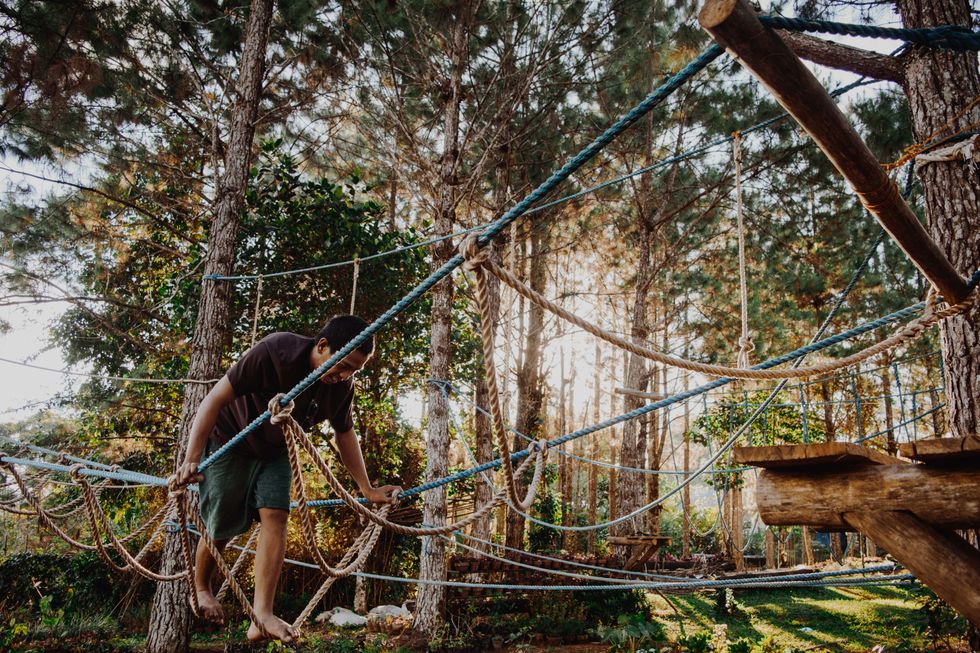 The Best Weed Smoking Games to Try
The Best Weed Smoking Games to Try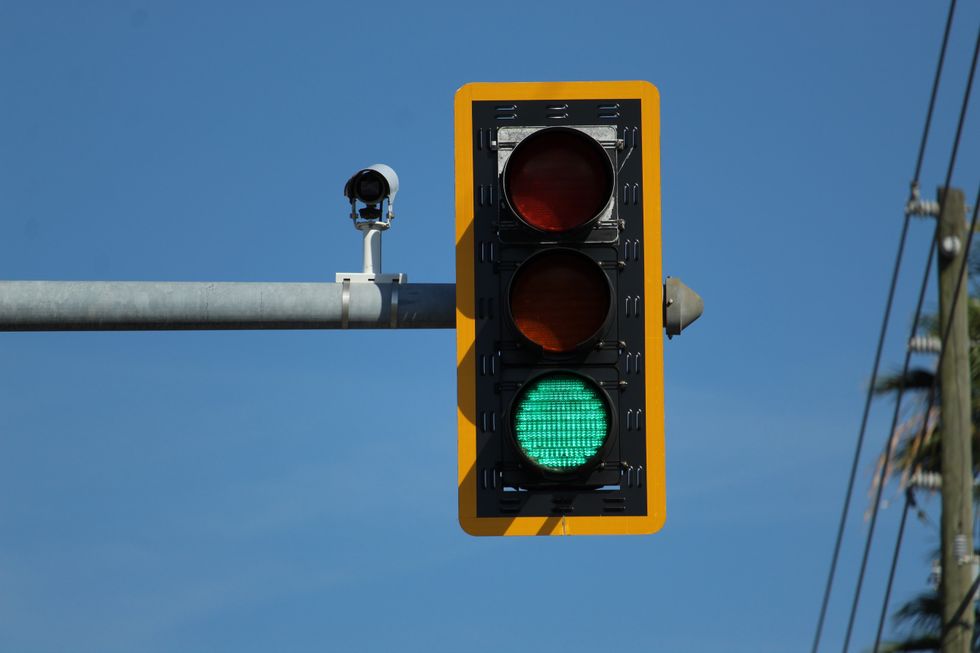 The Best Weed Smoking Games to Try
The Best Weed Smoking Games to Try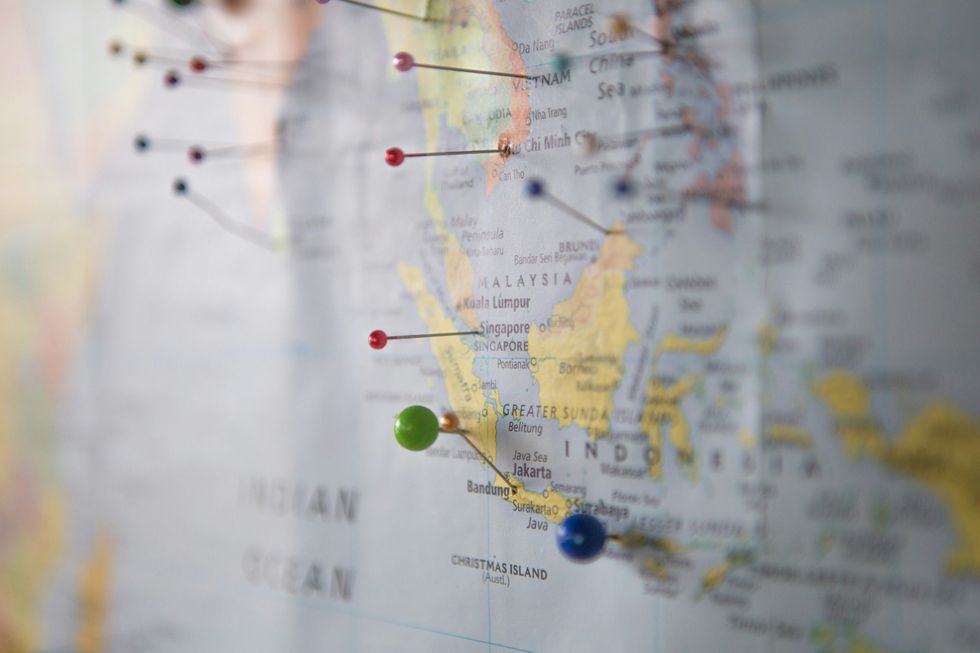 world map with pinsPhoto by
world map with pinsPhoto by 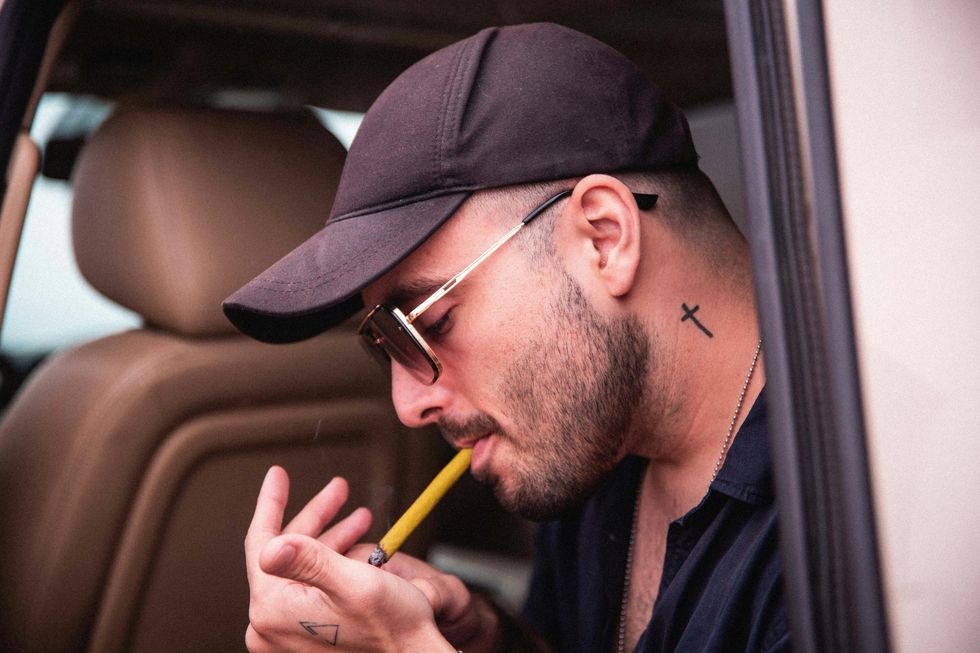
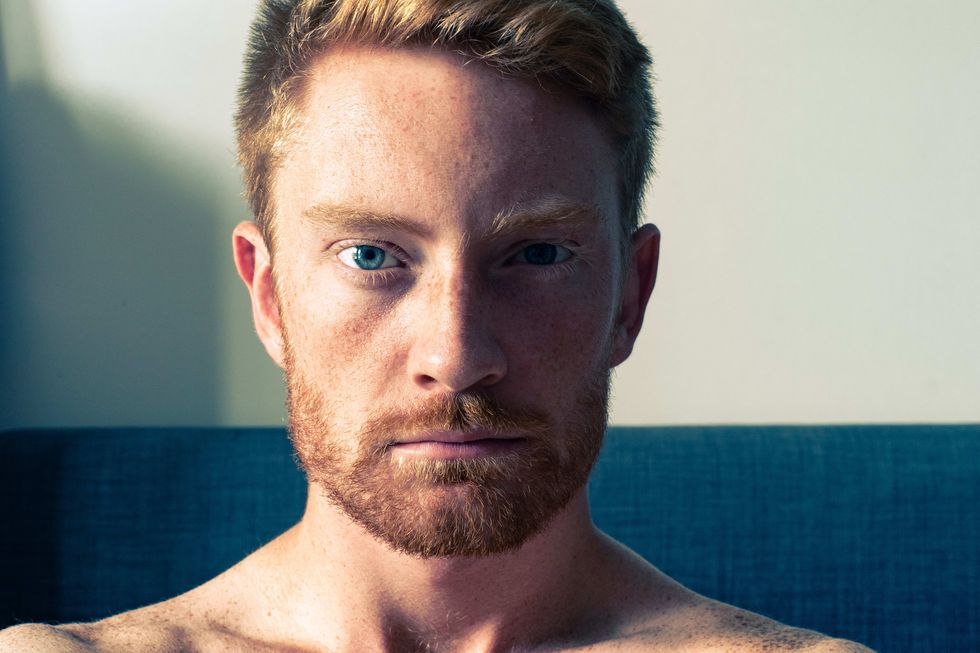 The Best Weed Smoking Games to Try
The Best Weed Smoking Games to Try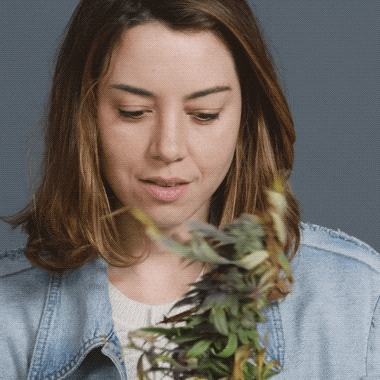
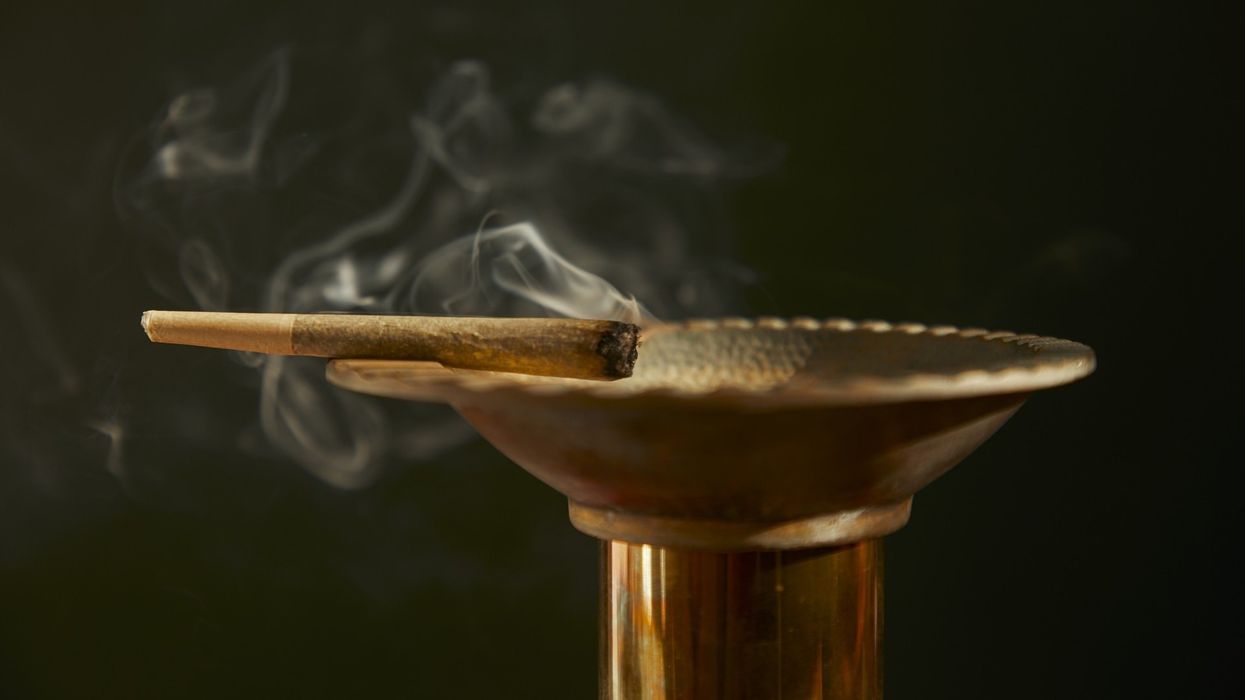
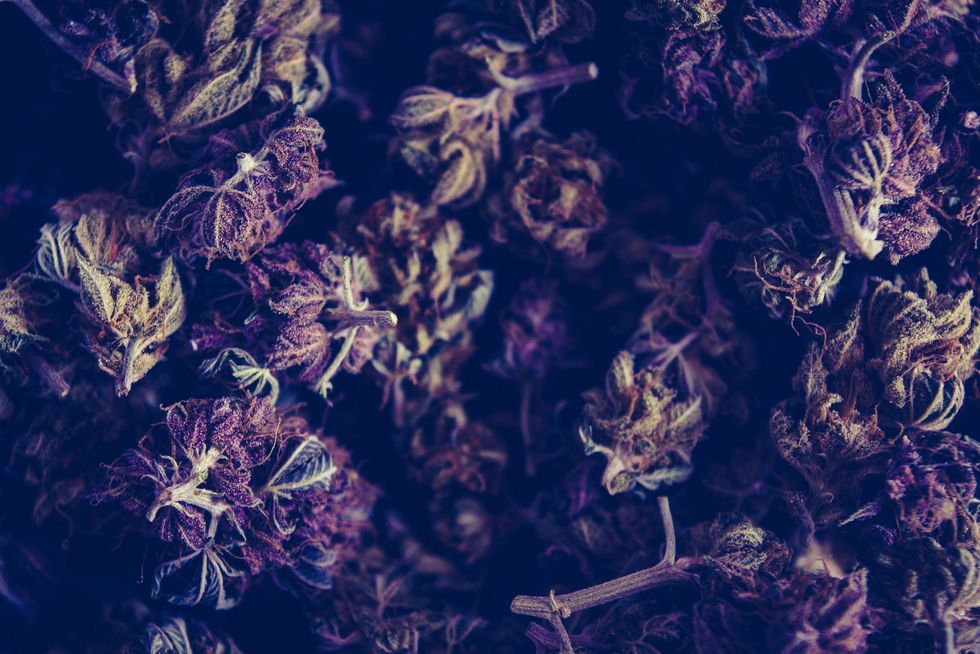 What is reggie weed? - The Bluntness
Photo by
What is reggie weed? - The Bluntness
Photo by